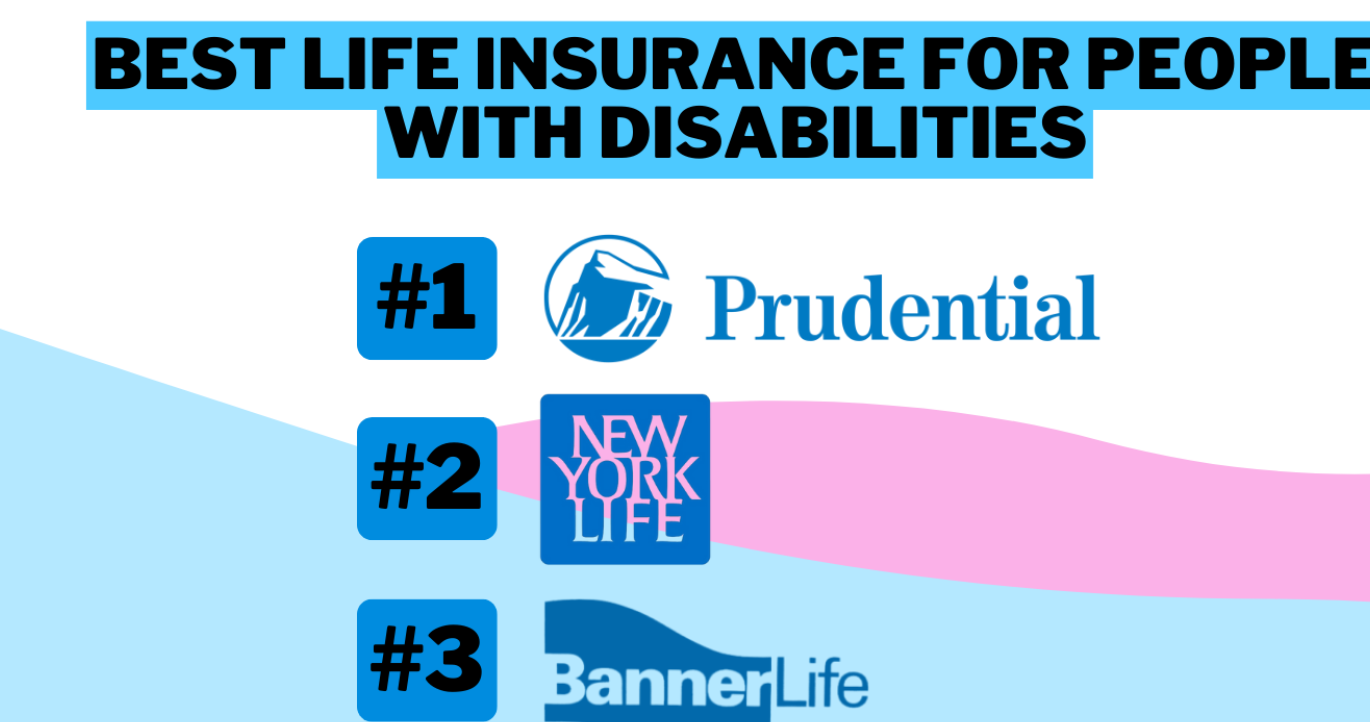This comprehensive article explores the nuances of life insurance for people with disabilities, covering topics such as the importance of coverage, types of policies available, factors affecting eligibility, and tips for finding the right policy.
The Importance of Life Insurance for People with Disabilities
Life insurance serves as a safety net, providing financial support to beneficiaries in the event of the policyholder’s death. For people with disabilities, life insurance can:
- Cover funeral and burial expenses: These costs can be substantial, and life insurance ensures that loved ones are not burdened financially during a difficult time.
- Replace lost income: If the policyholder is the primary earner, life insurance can replace lost income, allowing beneficiaries to maintain their standard of living.
- Provide for dependents: If the policyholder has dependents who rely on their care and support, life insurance can help provide for their needs.
- Fund future expenses: Life insurance can be used to fund future expenses, such as education costs or specialized care for dependents with disabilities.
Types of Life Insurance Policies for People with Disabilities
Several types of life insurance policies are suitable for people with disabilities, each with its own features and benefits:
- Term Life Insurance: This type of policy provides coverage for a specific term, such as 10, 20, or 30 years. It offers affordable premiums and is a good option for individuals who need coverage for a specific period, such as while their children are young.
- Whole Life Insurance: This type of policy provides coverage for the policyholder’s entire life and also includes a cash value component that grows over time. It offers lifelong protection and can be used for various purposes, such as retirement income or supplemental funds for long-term care.
- Universal Life Insurance: This type of policy offers flexible premiums and death benefits, allowing policyholders to adjust their coverage as their needs change. It also includes a cash value component that grows over time, providing additional financial flexibility.
- Guaranteed Issue Life Insurance: This type of policy offers coverage without requiring a medical exam or health questionnaire. It is a good option for individuals with pre-existing conditions who may not qualify for traditional life insurance policies.
Factors Affecting Eligibility for Life Insurance with Disabilities
When applying for life insurance, individuals with disabilities may encounter certain factors that affect their eligibility and premium rates:
- Type and severity of disability: The type and severity of the disability can influence the insurer’s assessment of risk and may affect the premium rates offered.
- Current health status: The individual’s current health status, including any pre-existing conditions or medications, can also affect eligibility and premium rates.
- Lifestyle factors: Lifestyle factors, such as smoking or engaging in high-risk activities, can also influence premium rates.
- Occupation: Certain occupations, particularly those involving high-risk activities, may affect eligibility or lead to higher premium rates.
Tips for Finding the Right Life Insurance Policy
Navigating the life insurance landscape can be challenging, but here are some tips for finding the right policy:
- Shop around and compare quotes from multiple insurers: Different insurers have varying underwriting criteria and premium rates. Comparing quotes allows you to find the most competitive offer.
- Work with an experienced insurance agent or broker: An insurance professional can help you understand your options and find a policy that meets your specific needs.
- Be honest and upfront about your disability and health status: Providing accurate information is crucial to securing the right coverage and avoiding future complications.
- Consider additional riders or benefits: Some insurers offer riders or benefits specifically designed for people with disabilities, such as waiver of premium riders or accelerated death benefit riders.
- Review your policy regularly and make adjustments as needed: As your needs change, it’s important to review your policy and make adjustments to ensure it continues to provide adequate protection.
Conclusion
Life insurance for people with disabilities is an essential tool for financial planning and protection. By understanding the types of policies available, factors affecting eligibility, and tips for finding the right coverage, individuals with disabilities can secure their financial future and provide peace of mind for their loved ones.
Read More: Small Business Dental and Vision Plans: A Comprehensive Guide






